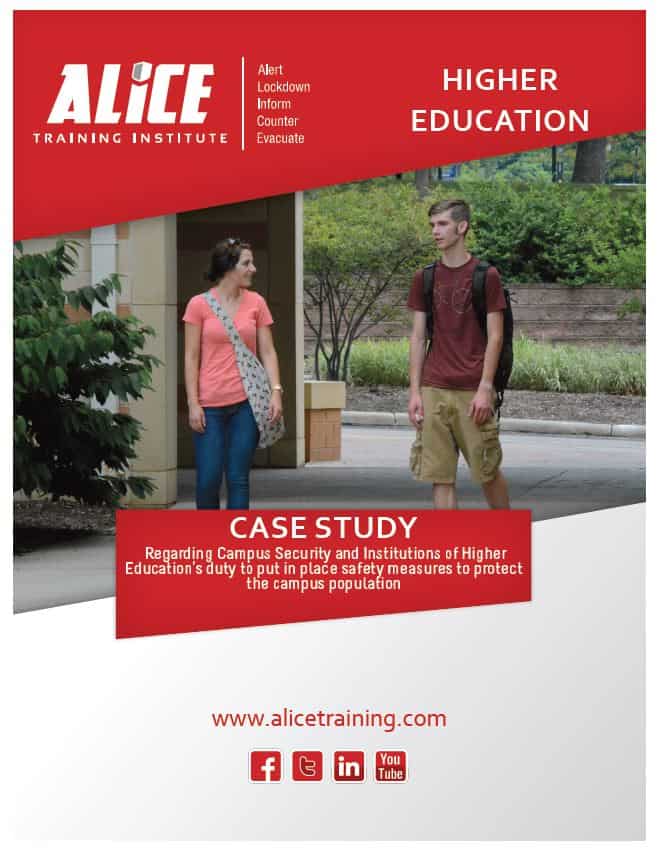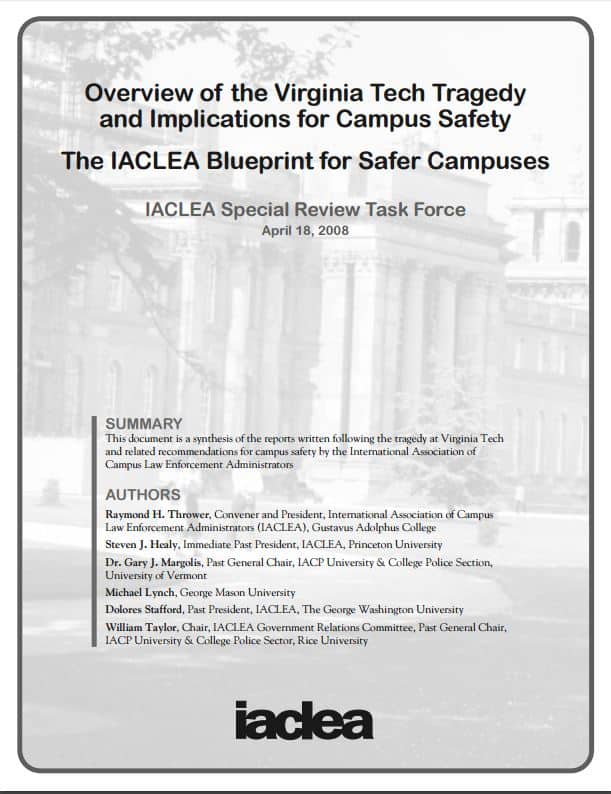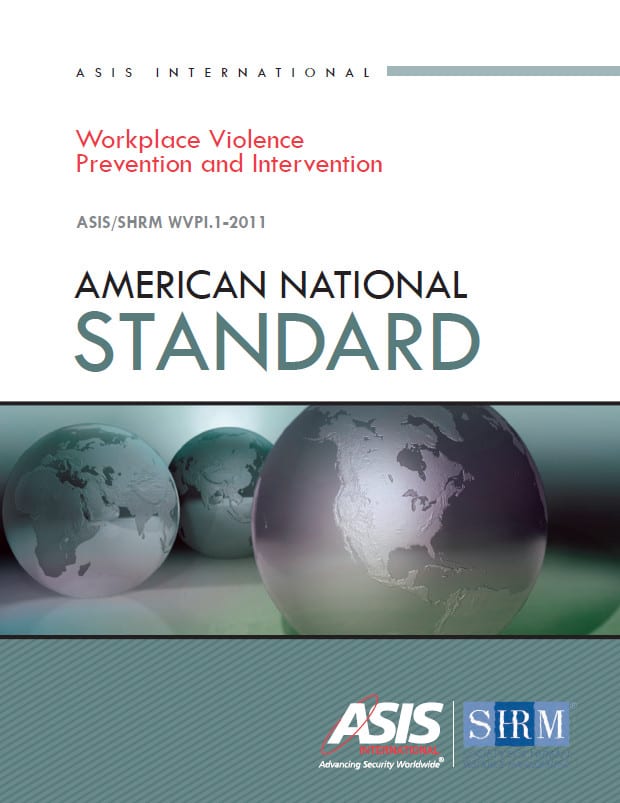Active Shooter Protocol Training for Universities
Active shooter response training for professors and students helps to ensure safety and limit liability at universities across the country. University active shooter events can happen anywhere on campus. Wide-spread aggressive intruder plan is the optimal solution for providing school security and effective preparedness to an entire campus population.
Universities and colleges often span large geographic areas, and many have additional locations in other cities, states, or countries. Many operate complex enterprises in addition to their academic programs, including hospitals, research and development facilities, performing arts venues, athletic complexes, agricultural centers, residential complexes, and transportation systems. They frequently have open campuses that are integrated into the surrounding community, with visitors regularly on campus touring facilities, attending events, and receiving medical care.
Colleges and universities serve primarily adult students who are capable of making decisions on their own. The campus population is perpetually in flux, changing from day to day, semester to semester, and year to year. Some students commute to and from campus, others attend class virtually, while still others live in housing facilities located on or near the college campus, resulting in a dispersed population.
While these characteristics pose challenges, ALICE Training can help universities and colleges take steps in preparing for a university active shooter event. Active shooter training for professors and students will help ensure school security in the event of an active shooter at college classrooms.
If classroom lockdown is the only school security plan at your University . . . you’re not taking the proper steps to minimize the threat of a classroom shooting.
In 2013, the US Department of Education spent considerable resources researching active shooting events at colleges and universities. Their findings have resulted in a change in guidance. ALICE Training protocols are used almost exclusively in this new, national guidance. Following current federal and safety organizations recommendations is a necessary step in limiting the liability of a university or college. By preparing for an active shooter at university campuses and classrooms, higher education organizations can demonstrate that they have met today’s national standard of care.

Certify your University as part of your Aggressive Intruder Plan.
Higher education organizations who understand the importance of ensuring safety in the event of an active shooter at college campuses and classrooms are certifying their facilities through ALICE Training. Lockdown is not enough. Active shooter response training will minimize the loss of life during a classroom shooting and limit a universities’ liability after an active shooter event occurs.
White Papers – Active Shooter Protocol Training
US Department of Education
Active Shooter Incident Planning into Institutions of Higher Education
Int’l Association of Campus Law Enforcement Aministrators
IACLEA Analysis of the Virginia Tech Tragedy
Society of Human Resource Managers
Workplace Violence Prevention & Intervention
FBI Report: 10 Takeaways
A Study of Active Shooter Incidents in the US 2000-2013
“I enjoyed ALICE training and it taught me the importance being prepared. I suggest everyone ask your professor what their plan is in the event of an active shooter.” January 2014
“ALICE training is a critical program for any student, faculty or staff member in higher education. The program provides practical tools and strategies on how individuals can respond in cases of an armed intruder. Through ALICE training, individuals better understand what these decisions involve and how to make the decisions that provide them the best opportunity to survive a shooter on a college campus.” January 2014
“Thank you for allowing the University of Toledo Police Department to host RAIDER instructor training. Our administration is very pleased to be going to the solo engagement response. Keep up all the excellent work you are doing!” January 2014








